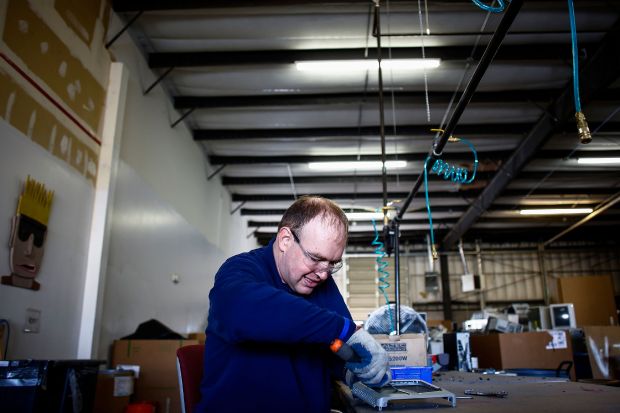Home
About Us
Genomic Advances to Wound Repair
by: Iola BonggayThe National Institutes of Health, otherwise known as NIH, is an agency operating with the United States Department of Health and Human Services that is greatly responsible for pursuing and funding certain biomedical and health-related research studies.
|
|
The actions of the NIH are geared towards the realization of their agency's mission, which is to "seek fundamental knowledge about the nature and behavior of living systems and the application of that knowledge to enhance health, lengthen life, and reduce the burdens of illness and disability."
In line with this mission, the National Institutes of Health has coordinated with the National Institute of Nursing Research (NINR) to establish a program called Genomic Advances to Wound Repair in an effort to jump-start research studies that have the potential to deepen the understanding of genomic mechanism associated with the repair and development of wounds that are chronic in nature, which implies that these wounds have failed to enter into a reparative process after three months.
The Genomic Advances to Wound Repair Program was initially pursued in an effort to respond to the data that more than five million Americans are dramatically affected with chronic wounds, such as diabetic ulcers, pressure ulcers, venous and arterial ulcers, every year.
This results in almost $200 billion dollars in health care expenses, as well as a wide variety of complications, psychological and emotional stresses, poor quality of life, an death due to sepsis.
(continued...)
Genomic Advances to Wound Repair
Page 2
About The Author
Iola Bonggay is an editor of TopGovernmentGrants.com one the the most comprehensive Websites offering information on government grants and federal government programs. She also maintains Websites providing resources on education grant money and civic engagement grants. |
Additional Resources
category - Health Grants
National Institute of Food and Agriculture: Community Food Projects Competitive Grants Program
Learning Disabilities Innovation Hubs Program
Critical Congenital Heart Disease Newborn Screening Demonstration Program
HRSA: Reducing Loss to Follow-up after Failure to Pass Newborn Hearing Screening
Follow @topgovtgrant
Social Entrepreneurship
Spotlight
Blue Star Recyclers Founder Hopes to Make Colorado Springs a Hub for Social Enterprises

Blue Star Recyclers, a social enterprise, operates by using conventional business practices to tackle social needs and serve the common good.
